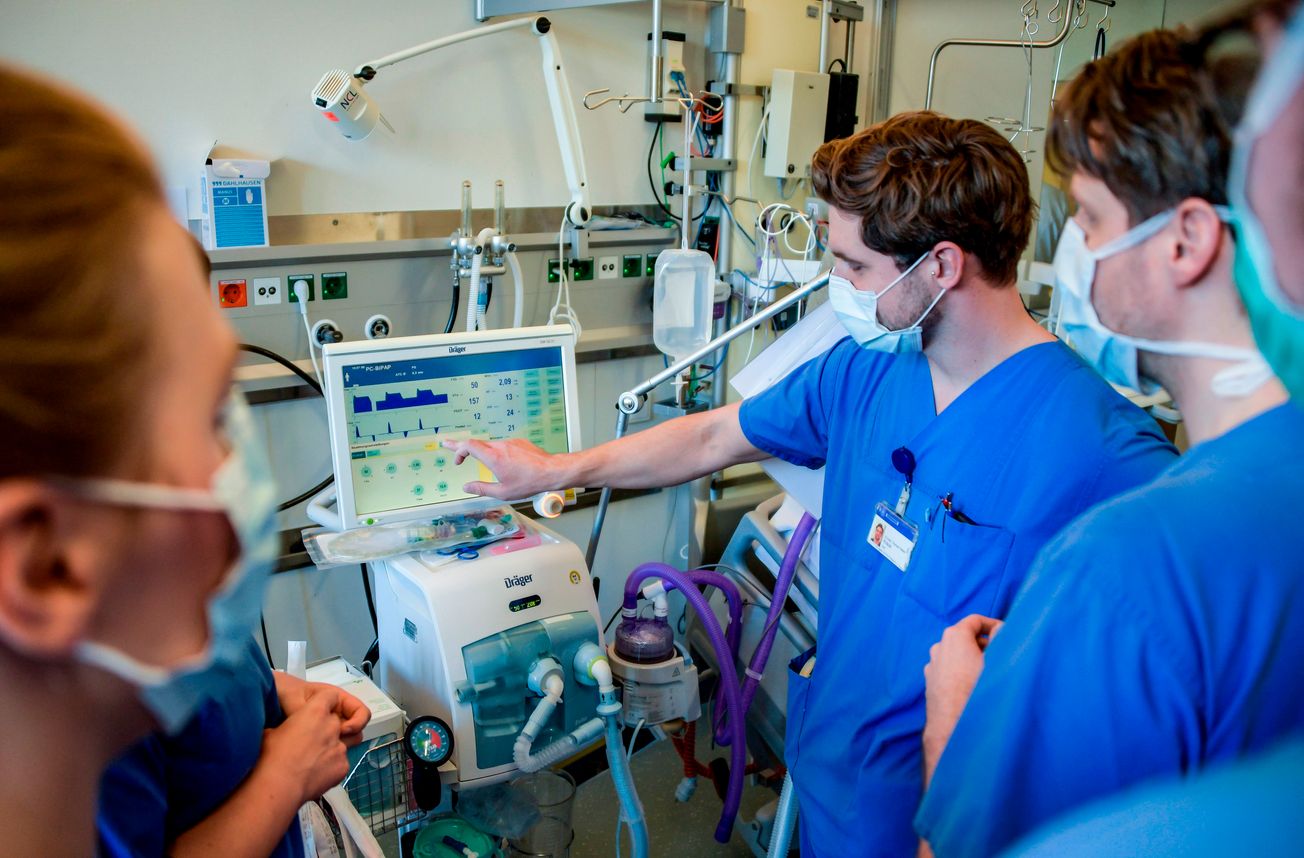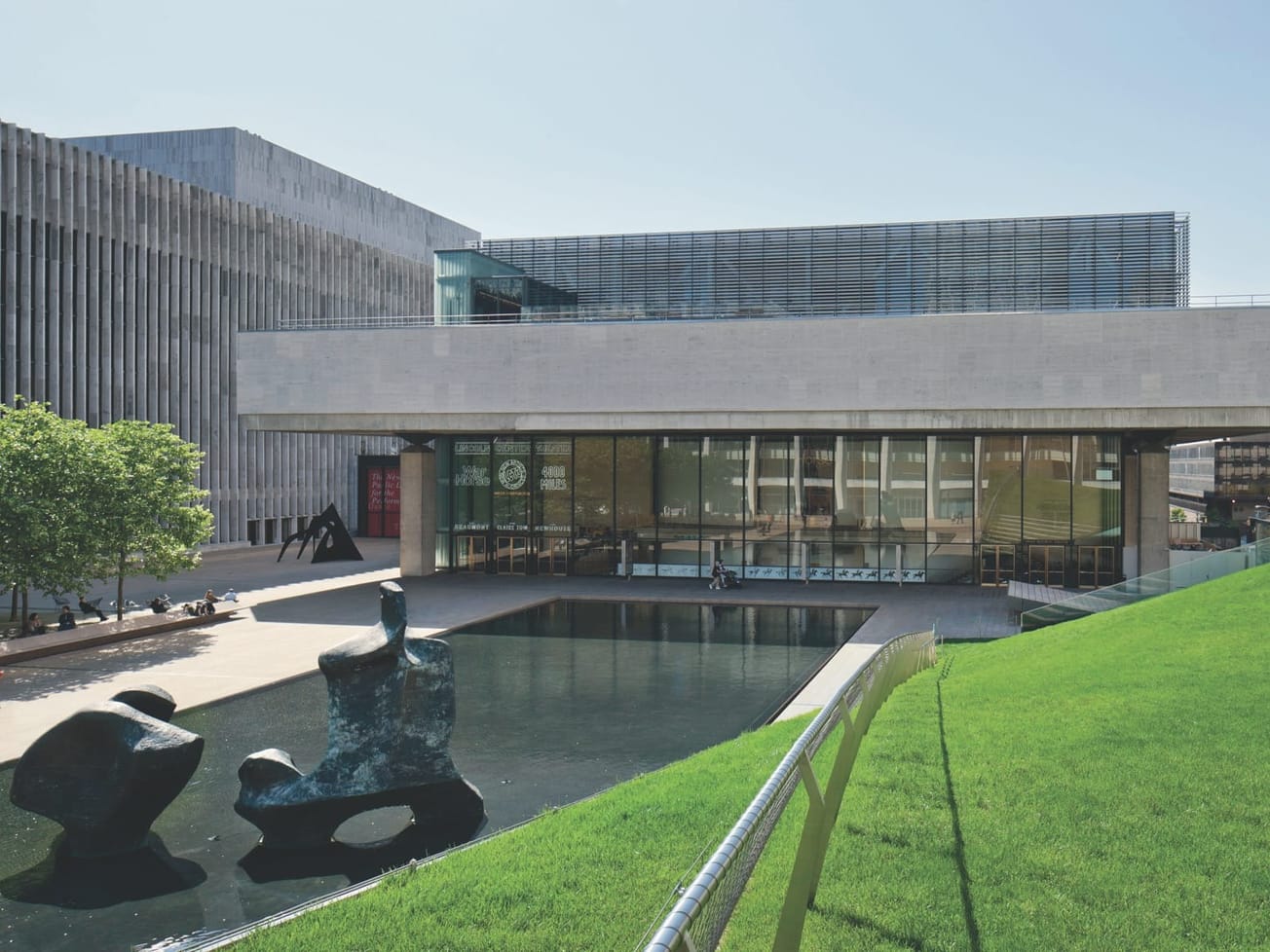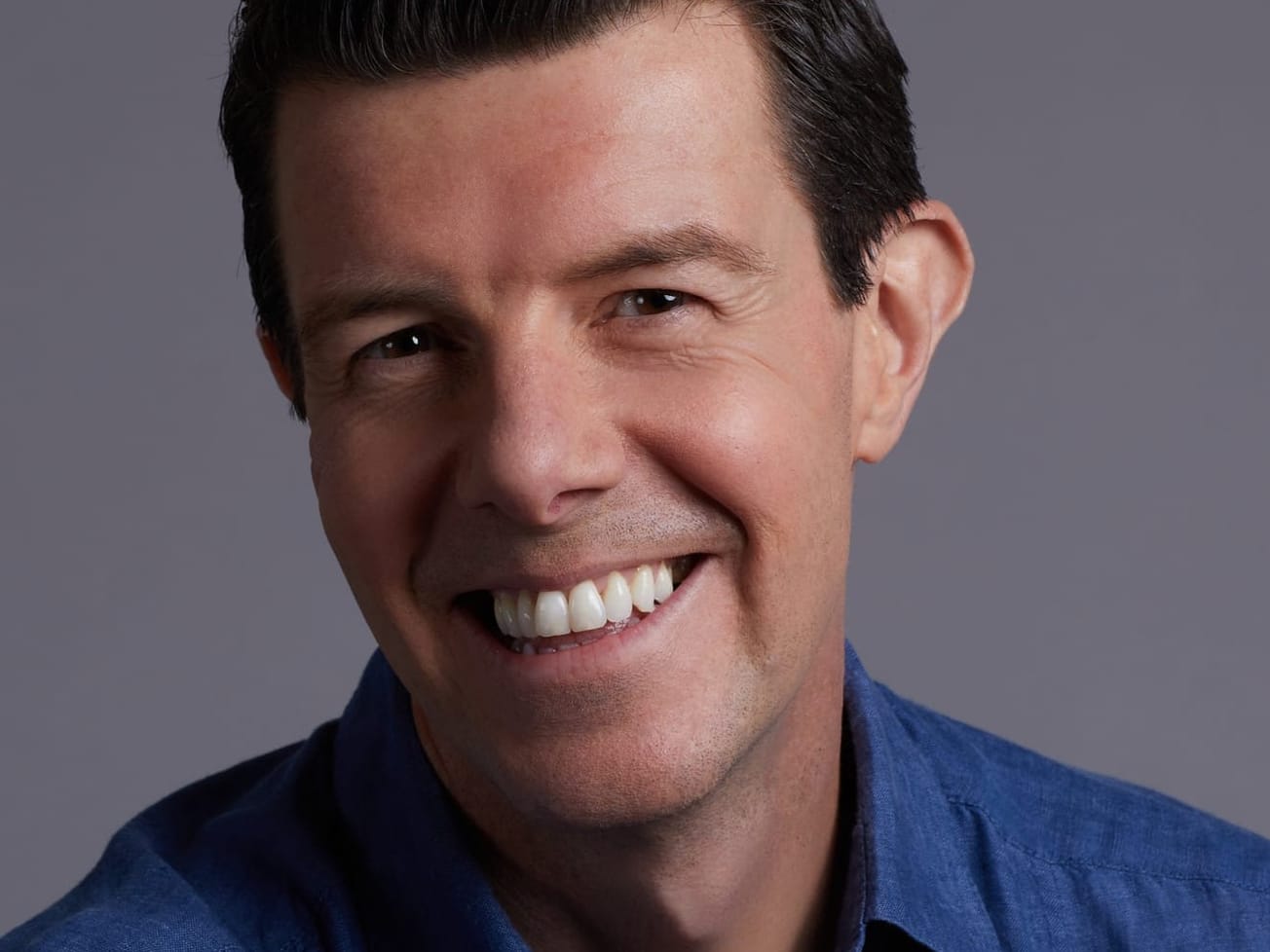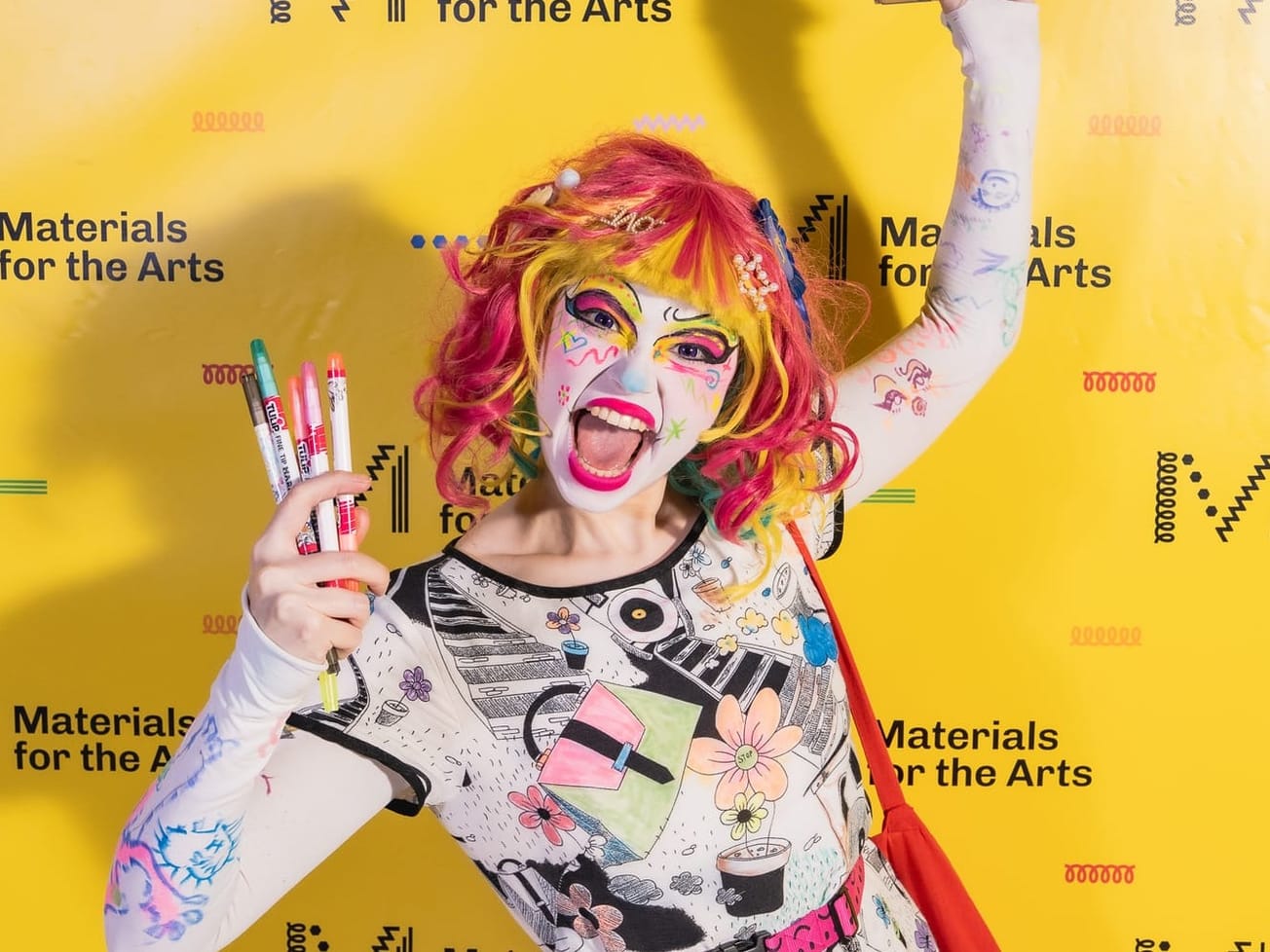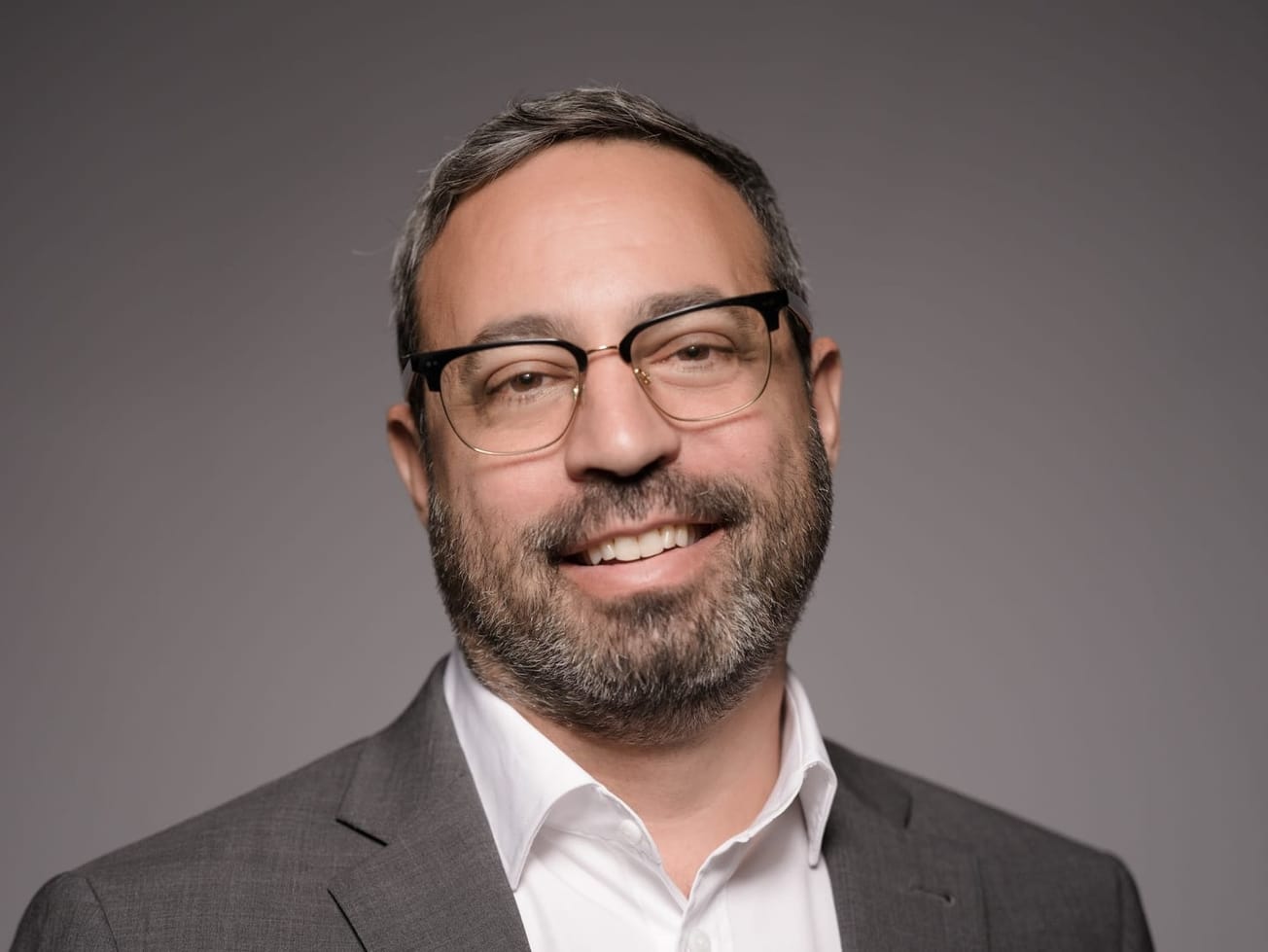Broadway tailors and seamstresses have been mobilizing to make masks and gowns for healthcare workers during the COVID-19 pandemic.
These seamsters sprang into action after Gov. Andrew M. Cuomo asked individuals and businesses to help hospitals facing shortages of N95 masks and other protective equipment. Brought together by their unions and by Broadway stars, members of the community have taken over studio spaces and contacted centers in need in preparation for the work.
Last Friday, Cuomo asked businesses to “be creative” and said he would give state funding to those who produced protective equipment. On Thursday, Cuomo updated his message to say that the New York City hospital system has enough protective equipment to meet their immediate needs, but does not have much runway beyond that.
The Broadway Relief Project, which has brought together actors, seamstresses, government entities and Open Jar Studios, is one of the efforts created to meet that need.
Though it originally intended to make surgical masks, the project has since pivoted to focus on helping fulfill the need for the 10 million surgical gowns the city government requested early this week, according to Jeff Whiting, owner of Open Jar Studios in midtown, the theatrical studio space that is to serve as the project’s manufacturing facility.
More than 500 workers, ranging from members of Local 764 and Actors’ Equity as well as non-union members, had signed up to help as of Thursday, according to Whiting. Sewing is scheduled to take place both at home and at Open Jar Studios.
Actor Javier Muñoz, who gained political and union connections during his time at “Hamilton,” has been the central point of contact between all of the participants.
“I just basically reached out to everyone I could, who might have any sort of influence to get me in touch with, directly, the folks I know in government and local government,” Muñoz said.
Whiting is currently working with the City of New York to negotiate an official contract and allow manufacturing to begin.
“The contract would enable us to obtain materials and pay everyone for their work,” Whiting said. “The city is reviewing and will hopefully give us a green light by the end of the week.”
In the meantime, Muñoz said, the project organizers have obtained specifications for how the equipment should be made, and shipped out materials to Open Jar so pre-cutting and preparation can begin as soon as the Department of Health confirms those specifications.
Broadway Green Alliance, which repurposes unused materials from Broadway theaters, is one of multiple suppliers that provides the fabric and other materials. Winzer Cleaners, the dry-cleaning service for Broadway costumes, has lent its vans to transport the materials to workers’ homes, the Open Jar studio space and eventually hospitals, according to Muñoz.
Muñoz said he aims to keep the project going “for as long as there is a need.”
Outside of the Broadway Relief Project, the International Alliance of Theatrical Stage Employees has volunteered the efforts of its sewers.
“There are theatrical wardrobe shops that can knock these [masks] out in virtually every US City,” IATSE tweeted Friday in response to Cuomo’s plea. “Say the word and we’ll fire up the sewing machines.”
Later that day, Theatrical Wardrobe Union Local 764, which serves the greater New York City area, tweeted a link to a Google document, calling for area laborers to volunteer their skills. Actor Stephanie J. Block also stepped in to lend her social media reach to the project.
Since then, Local 764 has been in contact with a domestic violence shelter and a senior center in the city who are in need of non-medical grade masks, said Patricia White, president of that union.
However, outside of that, White said that, to the union’s knowledge, “no one yet has had confirmation from the City and State of New York about payment structures, or how to make medical-grade masks for hire.”
Local 764 members have also come together with non-union tailors to create Sew the Curve Flat, a website and Facebook group that connects volunteer mask-makers nationwide with communities in need of protective equipment.
According to Kathleen McDonough, a Local 764 member helping to oversee Sew the Curve Flat’s operations, 400 people have joined the Facebook group in an effort to help healthcare systems in the New York area and beyond.
Like Muñoz, McDonough emphasized the importance of not just welcoming volunteers, but providing them with specific guidelines for the correct patterns and fabrics to use when making masks for different recipients.
“We want to help, but we also want to make sure that we’re doing the right thing and that we’re providing the proper protective gear,” McDonough said.


















































